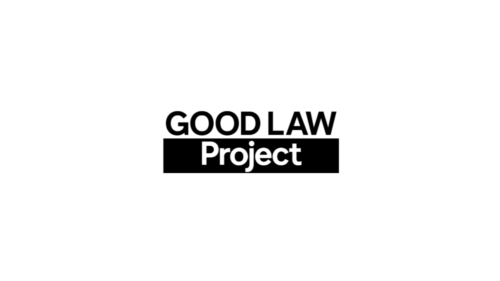Call us now 01926 402 498
News
Sexual abuse rates remain stubbornly high
Office of National Statistics (ONS) 2025 crime data reveals sexual abuse remains a persistent issue. Safeline calls for better support for all survivors—especially male victims.
New figures from the Office for National Statistics (ONS) show sexual violence is still a deeply entrenched issue in our society. In the year ending March 2025, an estimated 10.6% of people aged 16 and over in England and Wales were victims of either domestic abuse, sexual assault, or stalking. This equates to a staggering 5.1 million people (3.2 million women and 2 million men).
Sexual violence remains one of the most persistent crimes
Despite an overall decline in many types of crime over the past decade, sexual assault has not followed that trend. In fact, it continues to stand out as one of the most stubborn forms of violence. The Crime Survey for England and Wales (CSEW) estimates that:
-
900,000 people experienced sexual assault in the year ending March 2025.
-
That’s 1.9% of the population aged 16 and over. A figure unchanged from the previous year.
-
4.2 million people experienced harassment, and 1.4 million were victims of stalking. Both often linked to or co-occurring with sexual abuse.
These are not just numbers, they are lives. They are survivors living with trauma that can affect their health, relationships, and safety for years to come.
What about police data?
While police recorded crime statistics can offer insight into serious offences, they often underestimate sexual violence. Many survivors never report, especially when the abuser is someone they know or trust. For example, stealthing (non-consensual condom removal), image-based abuse, and coercive control still go unreported or under-charged.
Police data showed a 6% decrease in homicides and a 21% fall in firearms offences, yet sexual violence remains at a high plateau. These figures do not reflect the complex realities behind abuse-related crimes. Cultural stigma, fear of not being believed, and internalised shame still stop many men from reporting sexual abuse. Safeline knows from direct experience that when men do reach out for support, they often say the same thing: “It was the first time I felt truly safe to talk about it.”
It’s important to recognise that male victims face unique barriers when it comes to disclosing sexual abuse:
-
They fear not being believed, especially if the perpetrator is female.
-
Shame and self-blame are often magnified by harmful gender stereotypes.
-
Many services don’t “look or sound” like they support men. There’s no visible welcome.
At Safeline, we offer dedicated male services, including our National Male Survivor Helpline and Online Support Services. Our message to male survivors is clear: You are not alone. You will be believed.
If you’ve experienced sexual abuse or need to talk to someone confidentially, Safeline is here for you.
Reach out to our National Male Helpline, text us, or access online support. No judgement. Just understanding.
Stay up to date with Safeline’s work by following us on Social Media:
Facebook, Instagram, LinkedIn, TikTok and X!




